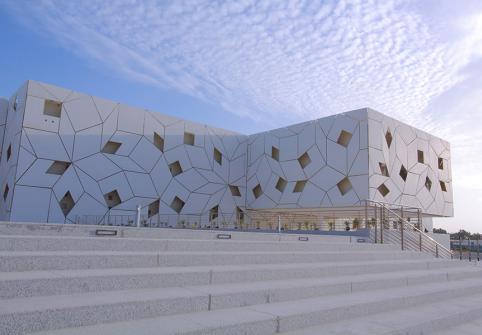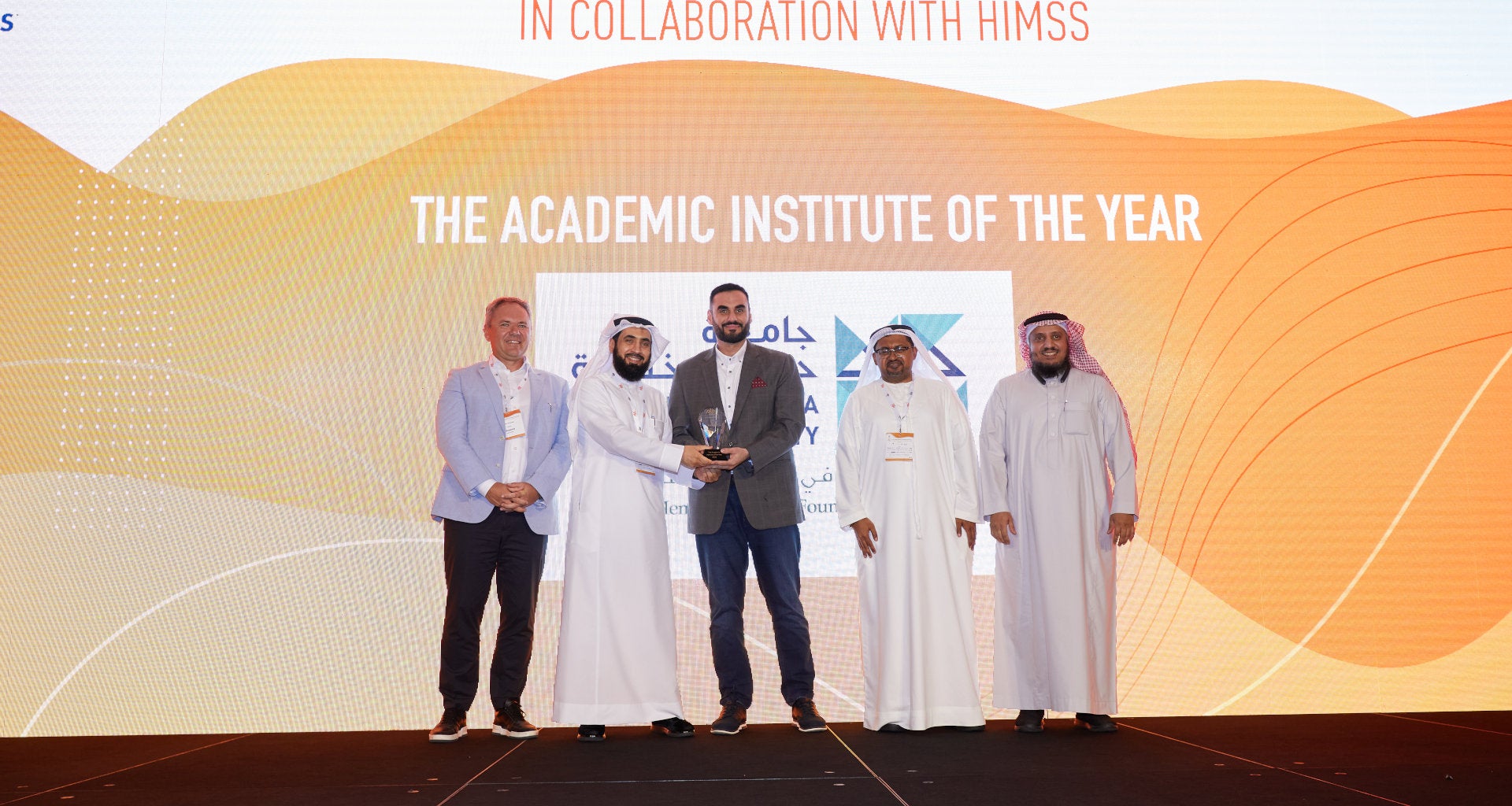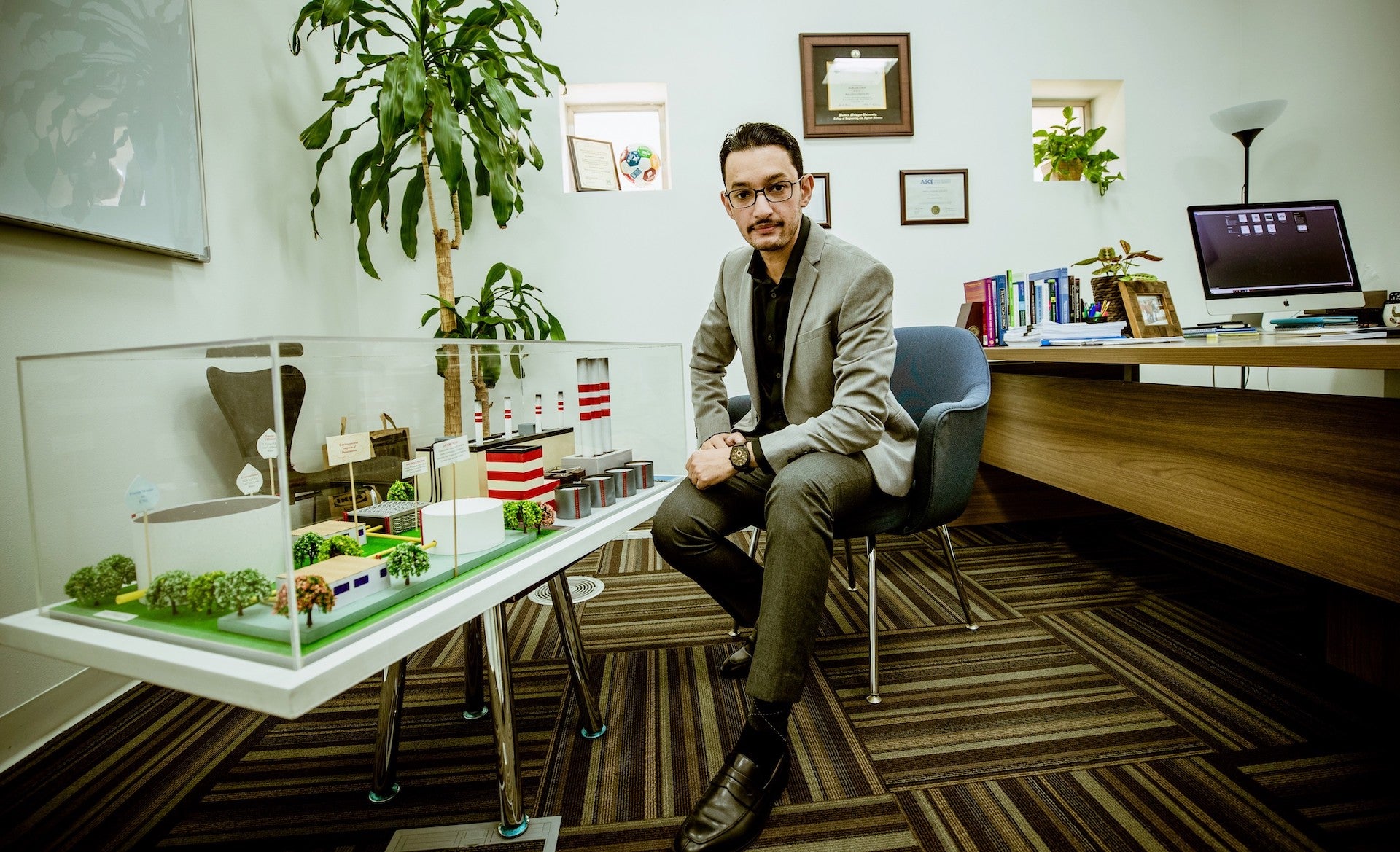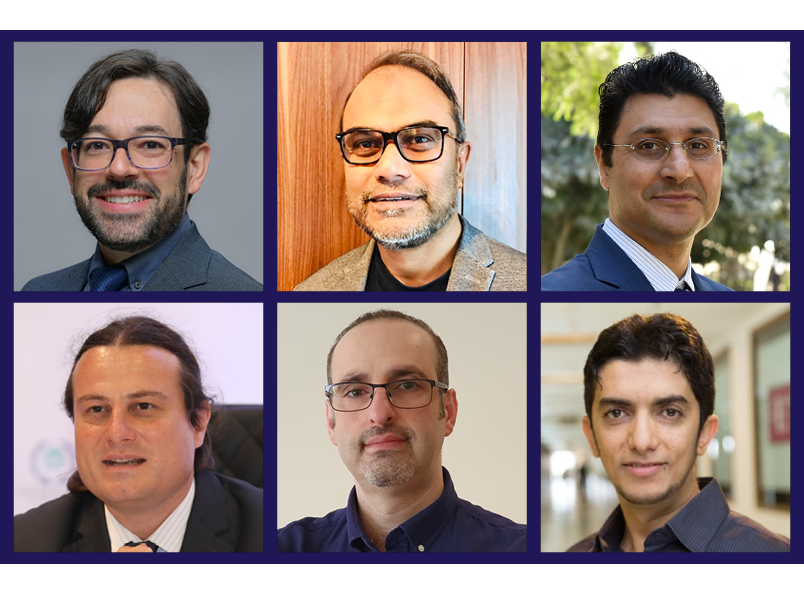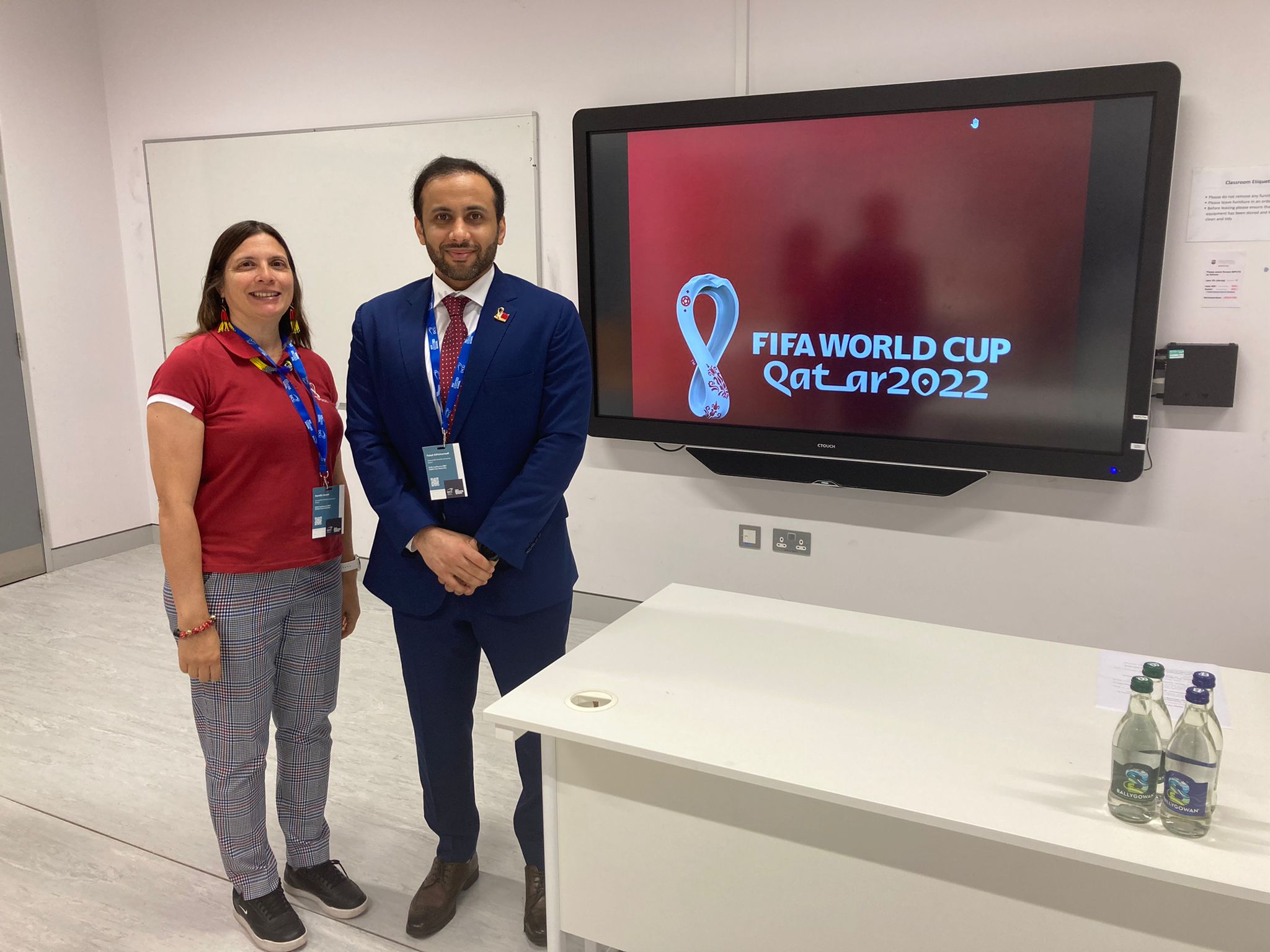‘Be a Star’ project can create a cost-effective method to help players, clubs, and agents alike

The path to becoming a professional footballer can be both costly and time-consuming, but a collaboration between the College of Science and Engineering (CSE) at Hamad Bin Khalifa University (HBKU), sKora, and the Saudi-based King Abdullah University of Science and Technology (KAUST) has resulted in a unique project that aims to make the process easier.
Dr. Jens Schneider, an Assistant Professor at the College of Science and Engineering, part of Hamad Bin Khalifa University, tells us how.
Tell us how you use data analytics to assist young footballers who are hoping to become professional footballers.
There are about 200 million players who dream of becoming a professional footballer. However, there are only 200,000 paid positions worldwide, across all leagues, so only a tiny fraction are able to achieve their ambition. Our project aims to build an automatic career-path recommendation platform, in which young players can critically self-assess their skills and which connects them with opportunities like free-for-all training sessions and football schools. We hope our platform will not only be helpful in managing expectations for young players, but will also identify top talent that would otherwise go unnoticed.
How unique is this project, and why?
Young footballers are passionate about their dream, and they are willing to pay agents their last penny to obtain representation. For agents, these young players do not represent a reliable source of income as the real money is in the “big names”. In addition, professional sports agencies in the region are scarce, leaving aspiring players often without a clear career trajectory. What sets our project apart is that it will come in the form of an affordable application that is custom-tailored for aspiring players. If successful, it will democratize the sports agency business.
What are the next steps in developing this idea?
We have been awarded a National Priorities Research Program standard grant (NPRP-S) by Qatar National Research Fund (QNRF), for our project, which is titled “Be a star: Data analytics for soccer career path recommendation”. For this project, researchers from CSE and KAUST have joined forces with sKora, a Qatar Science and Technology Park startup that is driving the development of the platform. We just signed a non-disclosure agreement with sKora, which allows the project partners to access sKora’s database, comprising around one million professional football transfers. The research goal is to identify similarities between players in the transfer database and aspiring players to make our recommendations. For instance, many young Japanese football players started in the German lower leagues, since it is relatively easy for Japanese players to obtain a German residence permit and the German entry-level leagues are competitive internationally.
What are your long-term hopes in terms of commercializing this project?
Qatar Foundation (QF) will co-own the intellectual property created in the project with sKora. We hope, apart from sKora becoming a successful QF start-up, that the software and methods created in the project can be licensed to international markets that are too hard for us to enter directly. Our focus is on the Middle East, North Africa, Pakistan, Turkey region since there is little barrier to entry. In contrast, the Asian market is harder to reach due to cultural and language differences as well as an established agency network.
In addition, my colleague Dr. Kamilla Swart-Arries, CSE associate professor and head of CSE’s Sport and Entertainment Management program, will lead in researching the transformative aspects of the project, that is, how to turn a single event into lasting value for Qatar and the region.
How did you decide which countries to target, and do you hope to expand to other countries in the future?
We always have the philosophy of starting local, since we understand the environment best. We hope to later grow into other markets (such as Asia and the United States) but will most likely have to rely on international partners.
What is sKora’s role in this project?
sKora is a QF startup and project partner. They grant access to a globally unique database of player transfers as well as a database of opportunities for aspiring players. They have also allocated manpower to the project and are an important partner for us, since they know the professional agency business very well. sKora’s CEO, Adel Saad, is a licensed FIFA agent aside from being a computer engineer and IT professional by education. sKora and their growing base of local aspiring players will be the ideal testbed for the research outcomes of this project—everything we develop can be immediately field-tested.
What are the advantages of a digital football agent compared to an actual football agent?
Cost is one important advantage. It takes a professional agent about a week to onboard a young player before even putting the player into contact with any club. Representing a young player with no clear transfer, which is how agents make most of their money, is risky for the agent and costly for the player. Digital agents can scale much better to larger player numbers.
Easy self-assessment against a large pool of competing young players is another advantage. Even though a young player may be the best in town does not mean he makes the cut at a professional club.
Finally, the platform also aims to automate some of the more tedious tasks of professional agents: spending hours each day scanning web pages and networks for opportunities for young players to show their skills in front of a professional coach. This goes both ways: Clubs are interested in identifying talent early and sKora is interested in placing their clients well. So far, sKora has entered a partnership with Lusail FC doing exactly that.
If I was a promising young footballer, why should I use this method and not other options?
This method is democratic and much cheaper than other options. If you were a promising young footballer, you might as well give it a shot. The system will analyze all the data you are willing to share with the platform and will then try to place you. Since this is an automated system, we can make recommendations to many more players than an agent could. The recommendations are not only placement or opportunity recommendations; we also seek to recommend how to improve your skills from the same standardized tests clubs use to assess their candidate’s fitness. In addition, we can also recommend field positions to players.
Is this a project that can help and include all parties – such as young players, agents, clubs, and more?
That is exactly the case. Players benefit since the system is more approachable than a professional agent, football clubs benefit since they get access to talent earlier, agents benefit since our tools allow them to pre-filter candidates and identify talent early. In addition, the envisioned platform will keep track of each player’s development. If, say, Lusail FC is looking specifically for a left-sided striker or a goalkeeper, we can recommend players who are good in that role. Similar analytics methods could, in the future, also be used to optimize the pool of players in a club. For example, an analysis could recommend hiring another midfielder since more successful clubs are more agile on the pitch.
Dr. Jens Schneider is an Assistant Professor at the College of Science and Engineering, part of Hamad Bin Khalifa University.
Related News
